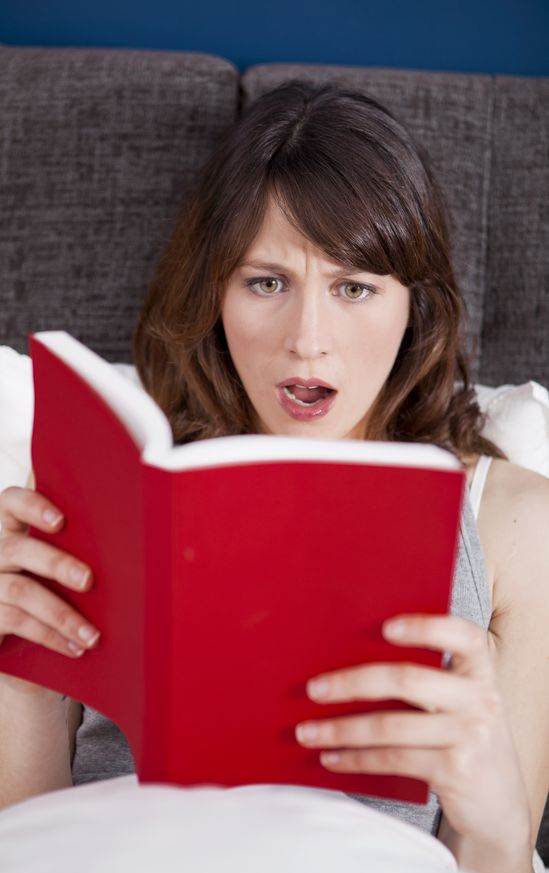Too excited to fall asleep? You aren’t just imagining it. A recent study is supporting the idea that subjective sleepiness is influenced by the quality of experiences right before bed time. This may explain why it’s so difficult to get to bed when you’re engrossed in a page-turning book.
Researchers from the University of Texas Southwestern Medical center, found that mice that were kept awake by appealing to their curiosity had a harder time falling asleep than the mice that were kept gently awake—even when both groups were sleep-deprived.
The mice were virtually identical genetically and split into three groups. The first group of mice were allowed to sleep and be awake without interruptions by the researchers. The second and third groups of mice had their sleep delayed by six hours, creating sleep deprivation.
The researchers kept the second group of mice awake by constantly changing their cages so they would constantly spend time exploring new changes (researchers compared this activity to kids staying up late to play a brand-new game) –appealing to their curiosity. Meanwhile, the third group of mice were kept awake gently by tapping their cage lightly when they looked like they were drifting off (similar to a parent waiting up for a parent waiting up for a child to come home from a late night outing).
Results showed that even though both the second and third groups of mice had a need for sleep, the mice that were kept gently awake fell asleep faster than the ones that were kept awake because they wanted to explore. Two new proteins that seem to play a role in sleep were also identified.
Sticking to a sleep schedule is a great way to do the things you are excited about and give yourself time to wind down. As you become more consistent, your body will began to let you know when it’s time to go to bed.



No comments yet.